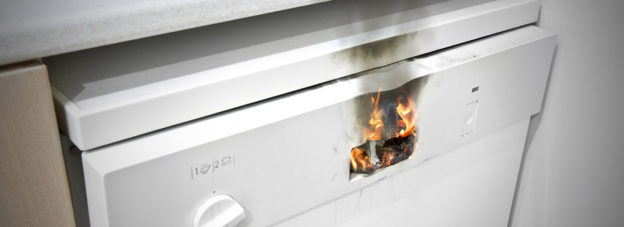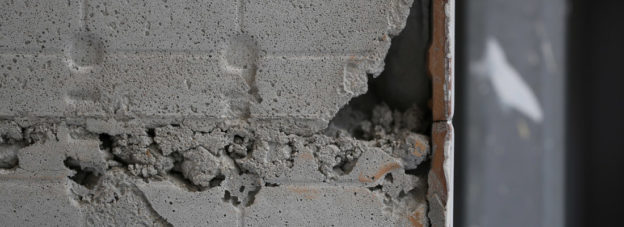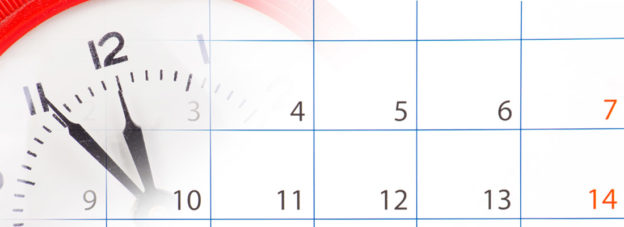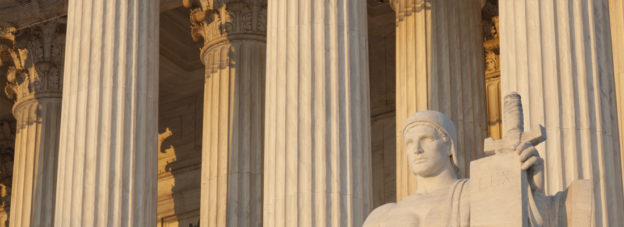In Gables Construction v. Red Coats, 2019 Md. App. LEXIS 419, Maryland’s Court of Special Appeals considered whether a contractual waiver of subrogation in the prime contract for a construction project barred a third party – a fire watch vendor hired to guard the worksite – from pursuing a contribution claim against the general contractor. The court concluded that the general contractor could not rely on the waiver of subrogation clause to defeat the contribution claim of the vendor, who was not a party to the prime contract. As noted by the court, holding that a waiver of subrogation clause bars the contribution claims of an entity that was not a party to the contract would violate the intent of the Maryland Uniform Contribution Among Tortfeasors Act (UCATA). Continue reading







